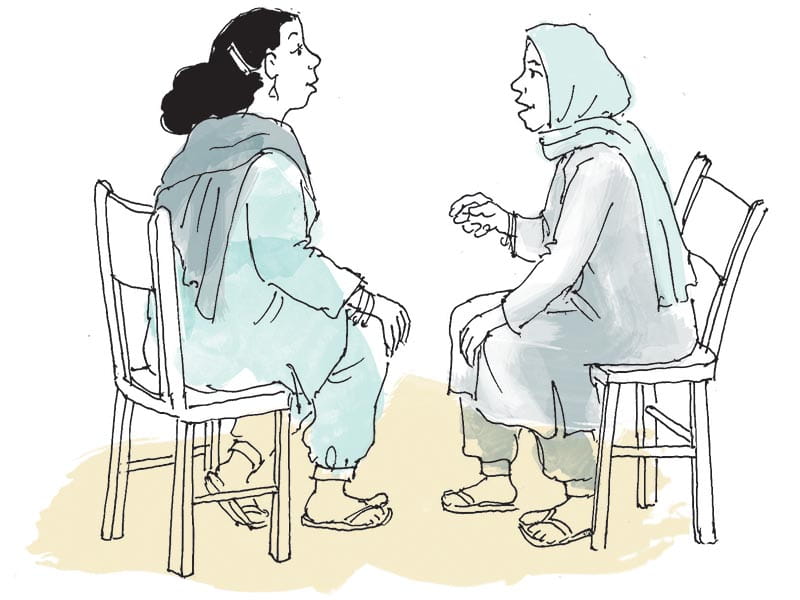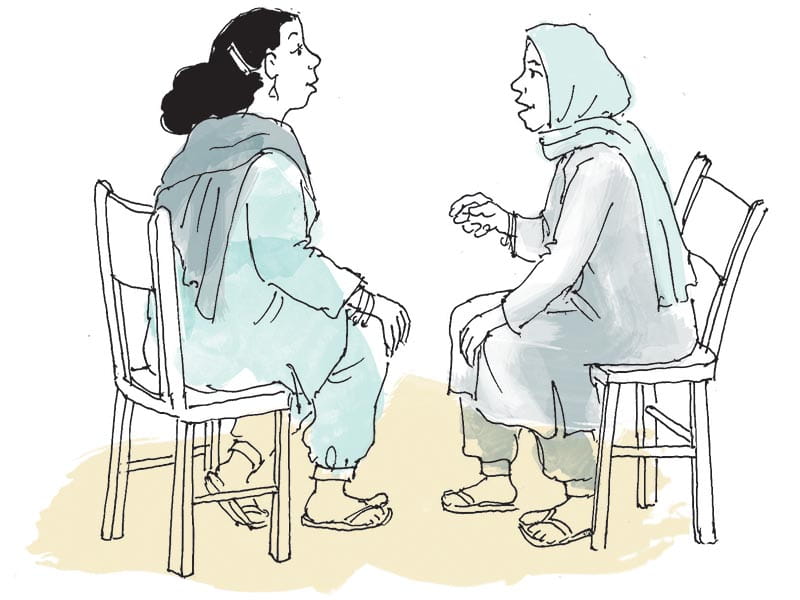In the Bible, so many of God’s people end up in prison. Joseph, Samson, Jeremiah, Daniel, John the Baptist, Peter, John, James, Paul, Silas, Aristarchus, Andronicus, Junias and even Jesus, when he was arrested, all spent time behind the walls and bars of prison.
They all experienced the distress of being cut off from loved ones: the darkness, the oppression and the loneliness. It is not surprising that Christians are called to go into prisons to visit and care for those there. God wants us to be light in the darkness – to be beacons of hope where there is often despair.
Bringing hope
For me, as a prison chaplain, my inspiration comes from Isaiah 58:10: ‘Spend yourselves on behalf of the hungry and satisfy the needs of the oppressed.’ Oppression comes from many sources: the loss of freedom, loss of dignity, harsh surroundings, shame, guilt, depression and anxiety. Prisoners are also hungry for good news, acceptance, understanding and the chance to make things right.











